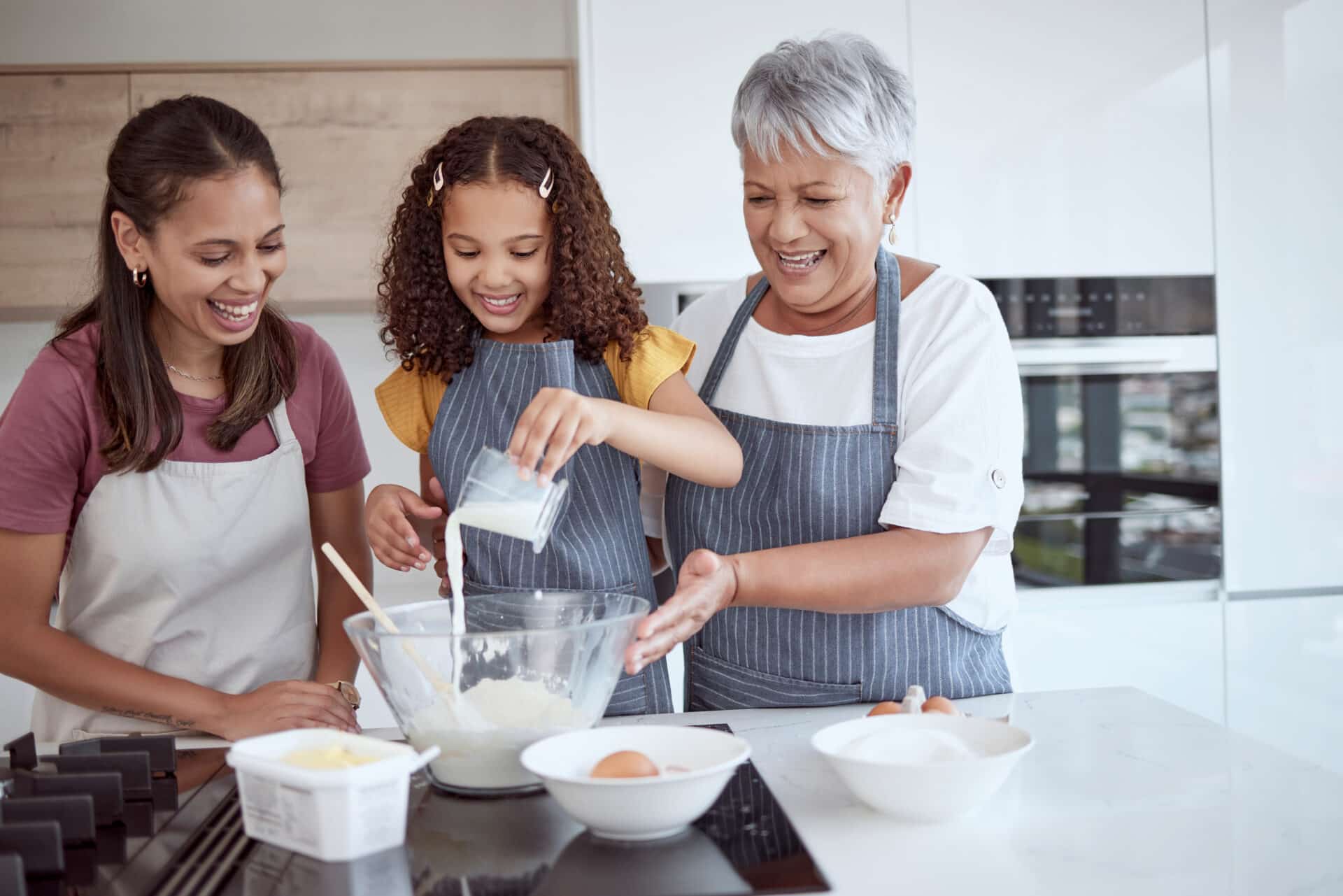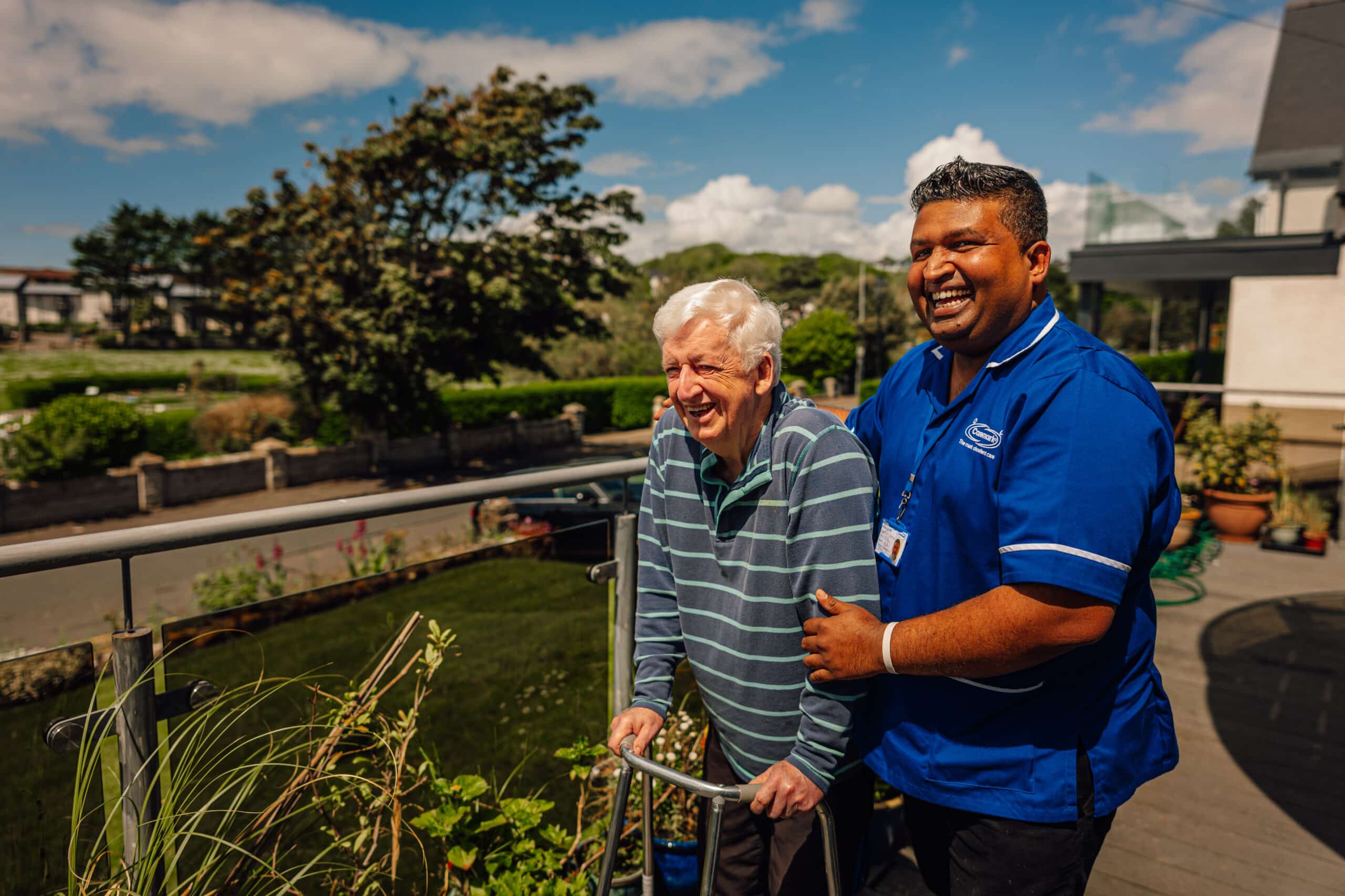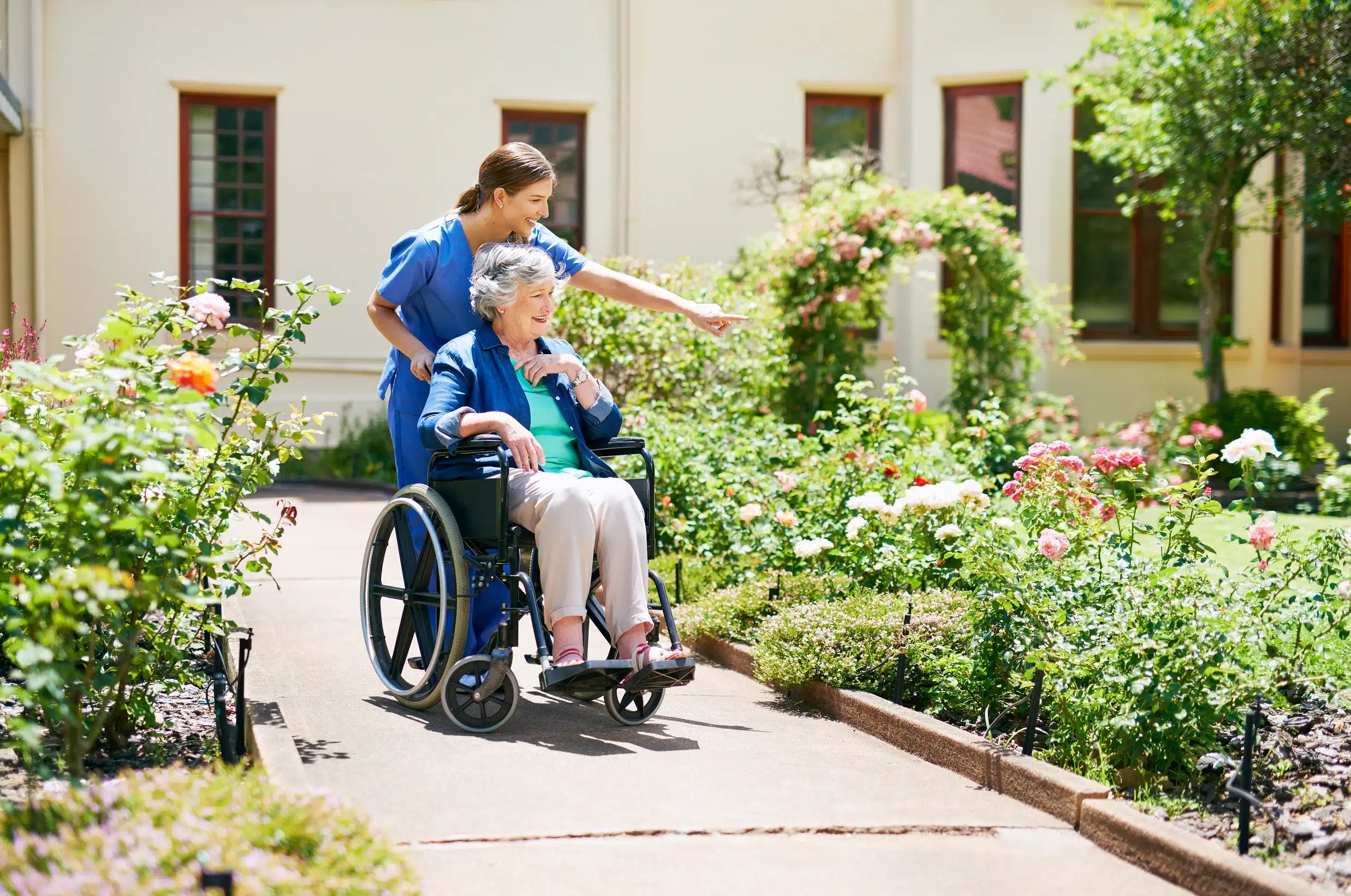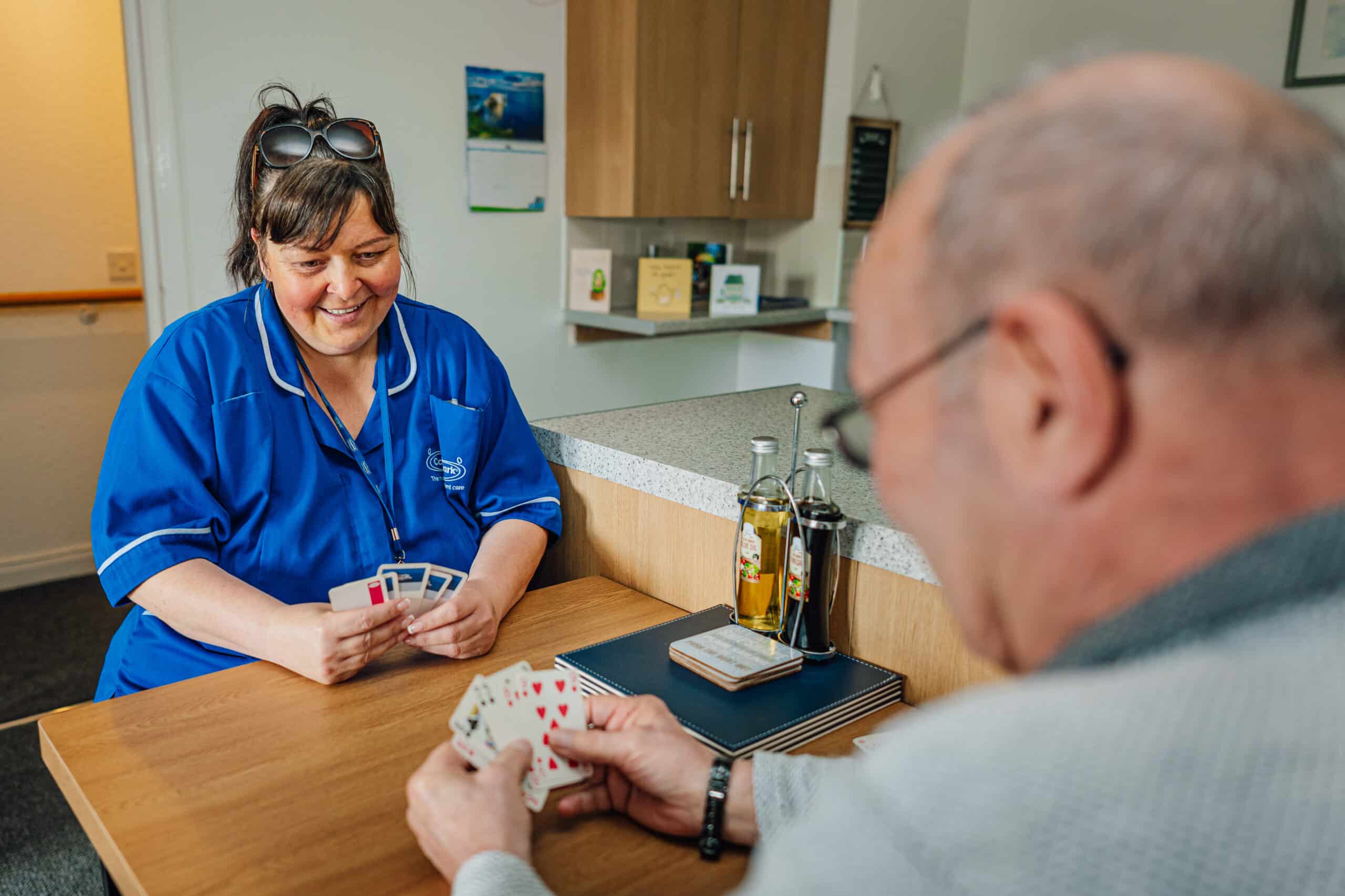Ten Fun Activities for Older People

Staying socially and mentally active is just as important in later life as it is in youth. This can be through hobbies, gentle exercise, or creative pursuits. Engaging in meaningful activities for older people can bring joy, connection, and a sense of purpose. For older people, especially those receiving home care. Finding the right activities can make a big difference to their wellbeing.
Challenges of Activities for Older People
While activities offer many benefits, older people may face barriers that make it difficult to take part. Mobility issues such as arthritis or balance problems can limit physical movement. This makes even simple tasks feel daunting. Cognitive changes can include memory loss or confusion. Therefore, they may affect the ability to follow instructions or stay engaged. Sensory impairments like hearing or vision loss can also make group activities or reading-based hobbies less accessible.
Beyond physical and cognitive challenges, emotional factors also play a role. Some older people may feel anxious or self conscious. Others may simply not know what’s available, or feel disconnected from their community.
That’s why it’s so important to offer accessible, inclusive, and enjoyable options that cater to different needs and preferences. With the right support, older people can rediscover hobbies and social connection. They can feel empowered to take part in ways that suit them.

Ten Fun Activities for Older People
1. Chair Yoga or Gentle Stretching
A calming way to stay active. Chair yoga helps improve flexibility and circulation without needing to stand. It’s ideal for those with limited mobility and can be done at home with online videos or in small groups.
2. Gardening in Pots or Raised Beds
Whether it’s herbs on a windowsill or flowers in raised beds, gardening offers sensory stimulation and a sense of achievement. It’s also a great way to enjoy fresh air and gentle movement.
3. Baking Simple Recipes
From scones to sponge cakes, baking is a comforting activity. It encourages creativity and can be shared with family or carers. It’s also a lovely way to reminisce through familiar smells and tastes.
4. Listening to Audiobooks or Podcasts
For those with visual impairments or who prefer passive activities, audiobooks and podcasts offer entertainment as well as education. Topics can range from history to comedy, tailored to personal interests.
5. Playing Board Games or Card Games
Games like dominoes, Rummikub, or bridge can stimulate memory and encourage social interaction. Because of this, they’re perfect for small groups or one-on-one time with a carer.
6. Arts and Crafts
Painting, knitting, or making seasonal decorations can be both relaxing and rewarding. Crafting helps maintain fine motor skills and gives older people a chance to express themselves.
7. Enjoying Old Memories
Looking through old photos, creating memory boxes, or sharing stories from the past can spark joy and connection. These activities are especially valuable for those living with dementia.
8. Light Walking or Nature Strolls
Even a short walk in a garden or local park can boost mood, as well as physical health. Nature offers calming sights and sounds, and walking can be adapted to suit different mobility levels.
9. Music and Singing Sessions
Listening to favourite songs or joining in with singalongs can lift spirits and evoke powerful memories. Music therapy can support emotional wellbeing, especially in older adults.
10. Puzzles and Brain Teasers
Crosswords, Sudoku, or jigsaw puzzles help keep the mind sharp and offer a satisfying challenge. They’re great for solo time or quiet moments during the day.

Benefits of These Activities
Engaging in fun and meaningful activities offers a wide range of benefits for older people:
- A sense of routine and purpose – Regular activities add structure and meaning to daily life.
- Improved mental health – Fun activities for older people help reduce anxiety, depression, and also cognitive decline.
- Reduced loneliness – Social interaction through hobbies and games fosters connection.
- Better physical wellbeing – Gentle movement supports mobility, circulation, and strength.
- Increased confidence and independence – Trying new things builds self-esteem and autonomy.
Why It Matters
We understand that activities for old people can enhance quality of life. We train our care assistants to support activities for older people in ways that are safe, personalised, and empowering. Whether it’s helping with a craft project or joining in a walk, we’re here to make everyday moments meaningful. We know that these activities should be accessible to all, so we’re proud to help make that happen.

How Caremark Can Help
At Caremark, we provide high-quality, professional care that empowers individuals to live their best lives. Our kind and trustworthy care assistants are key to the tailored care we provide. Our customers are at the heart of everything we do, so we strive to support every one of their needs in managing their conditions.
Would you like to learn more about the care services we provide? Get in touch and discover how we can support you or someone you love. From respite care to live-in care, we are here to help.